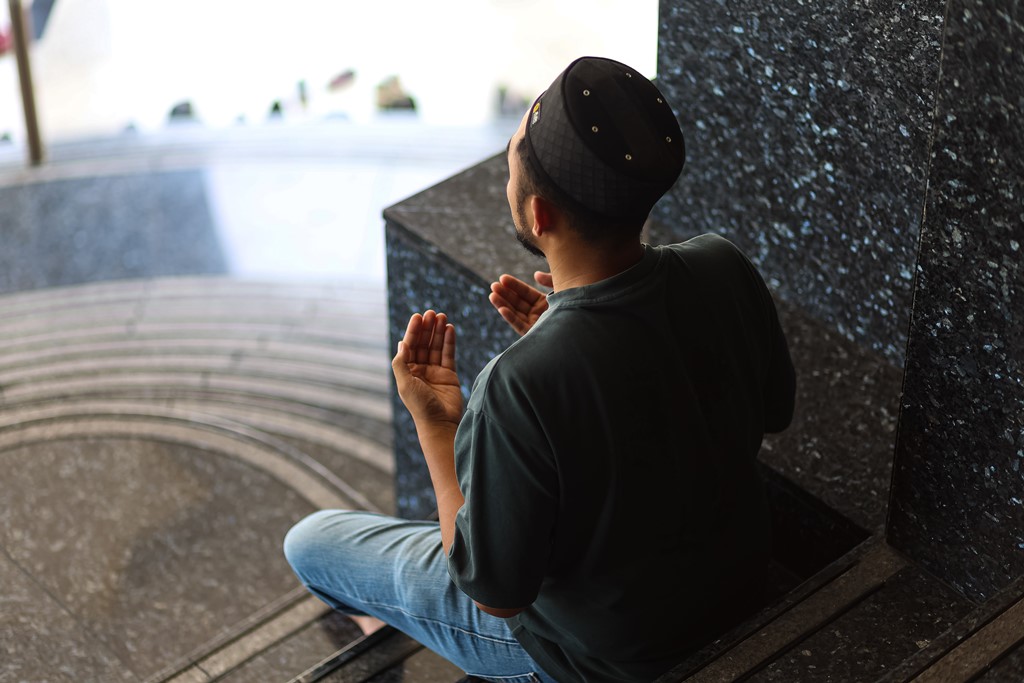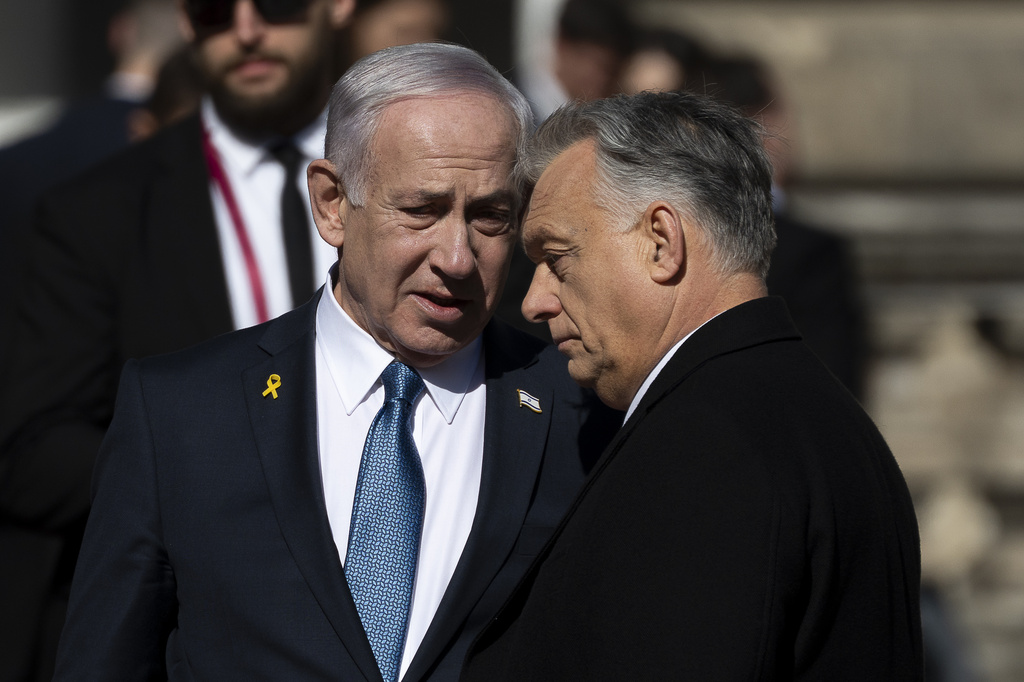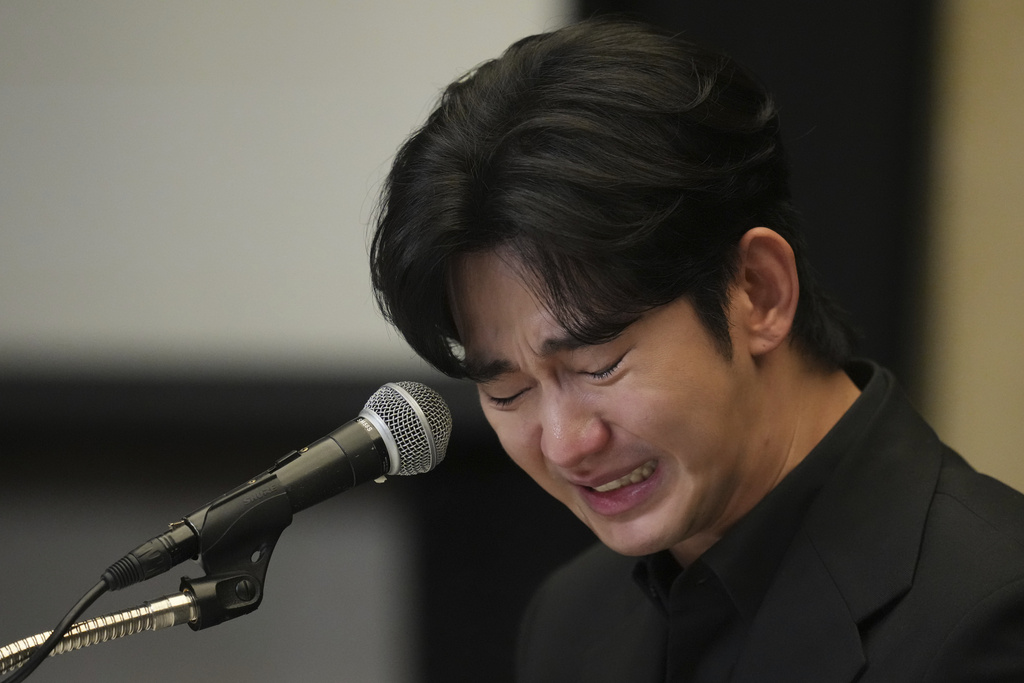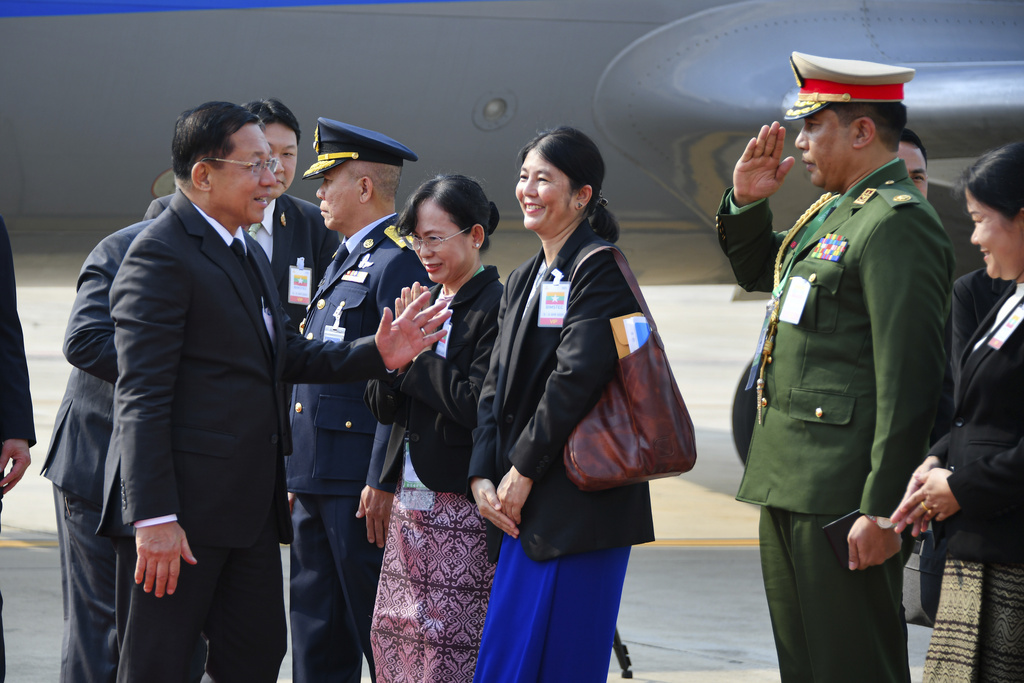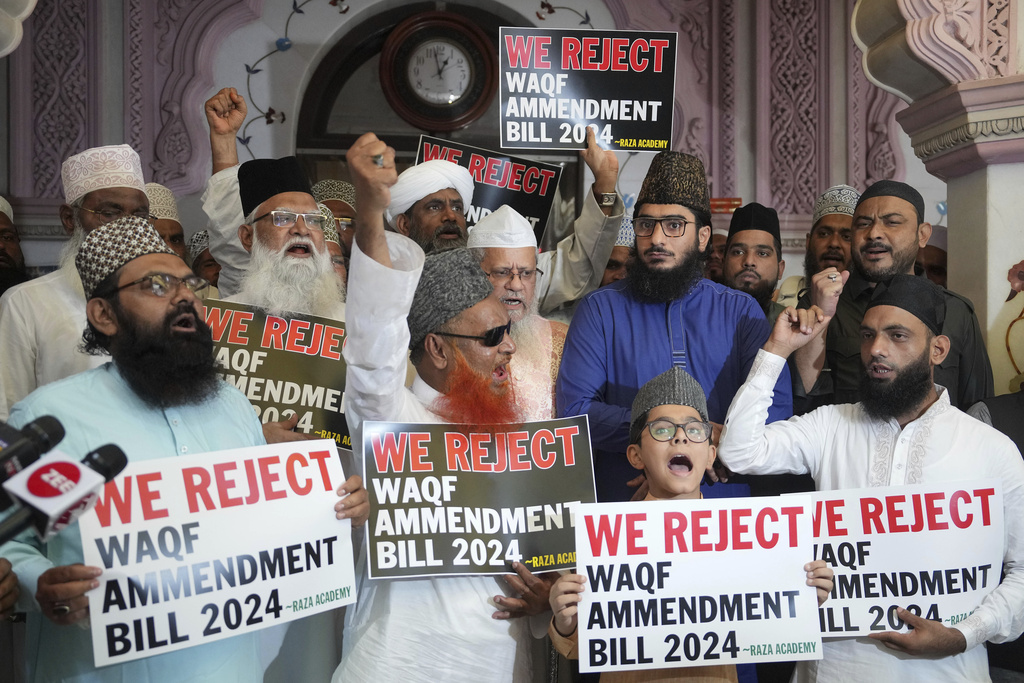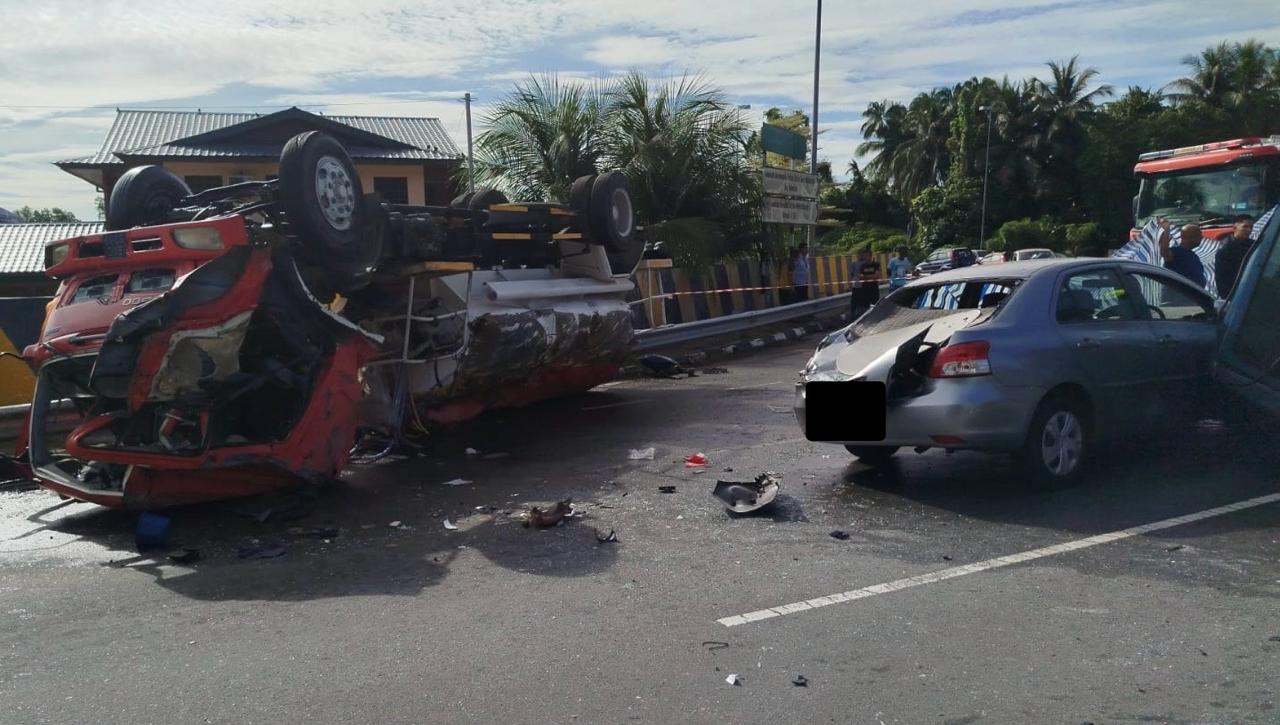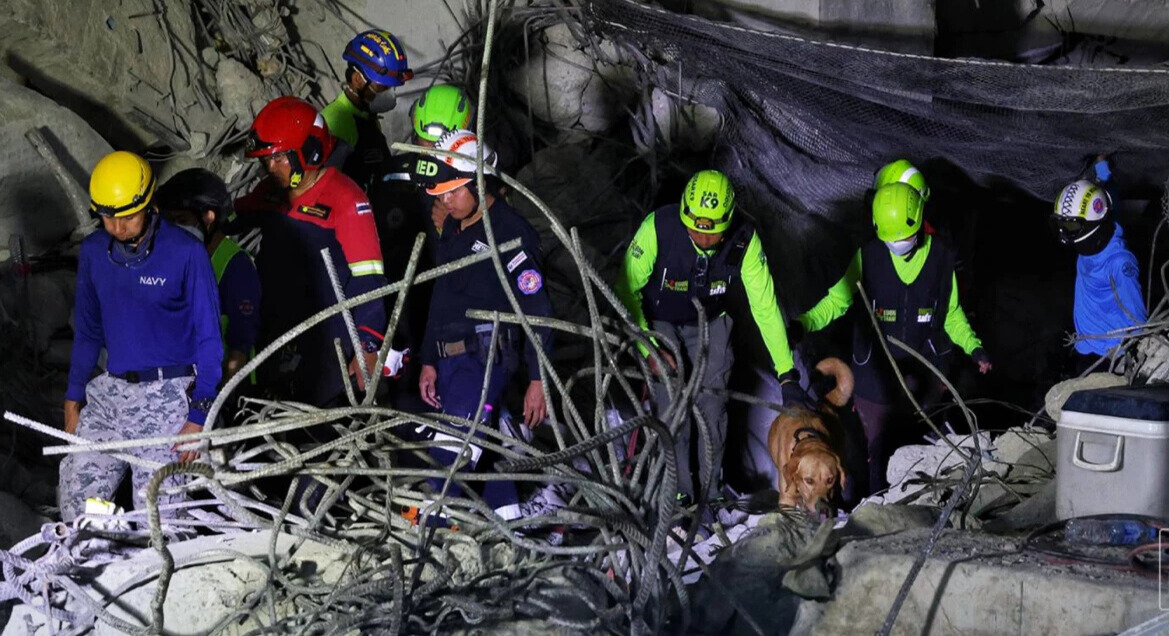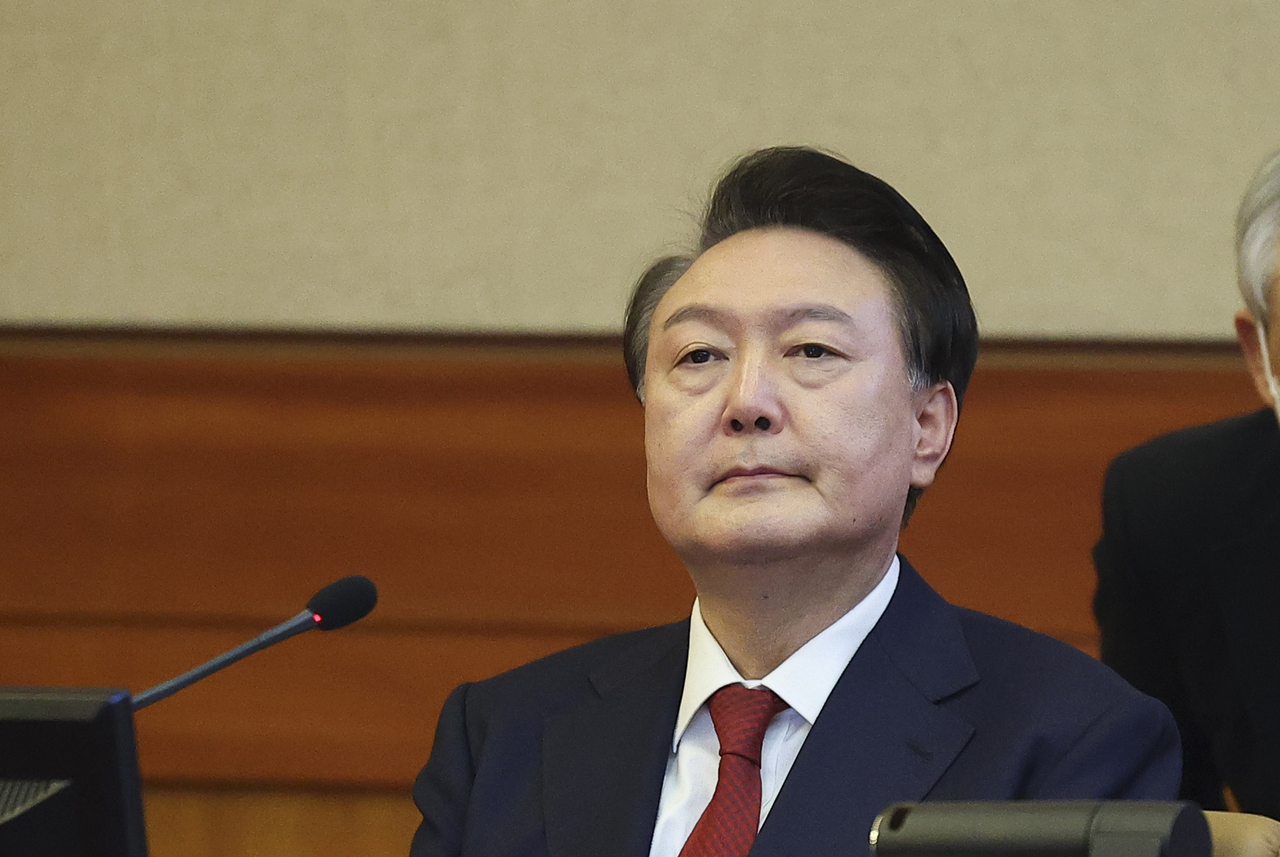SEOUL (AFP) – South Korea’s Yoon Suk Yeol rose from star prosecutor to the presidency in just a few years, but after a bungled martial law decree last year, on Friday he became the country’s second president to be booted from office.
The lurch back to South Korea’s dark days of military rule on December 3 only lasted a few hours, and after a night of protests and high drama, Yoon was forced into a U-turn by lawmakers.
He was swiftly impeached by parliament, and after weeks of hearings and deliberations, the country’s Constitutional Court on Friday unanimously upheld his impeachment, stripping him of all presidential powers and privileges.
Yoon had remained defiant throughout.
He was detained in January in a dawn raid after holding out against police and prosecutors for weeks, becoming the first sitting South Korean president to be arrested — although he was later released on procedural grounds.
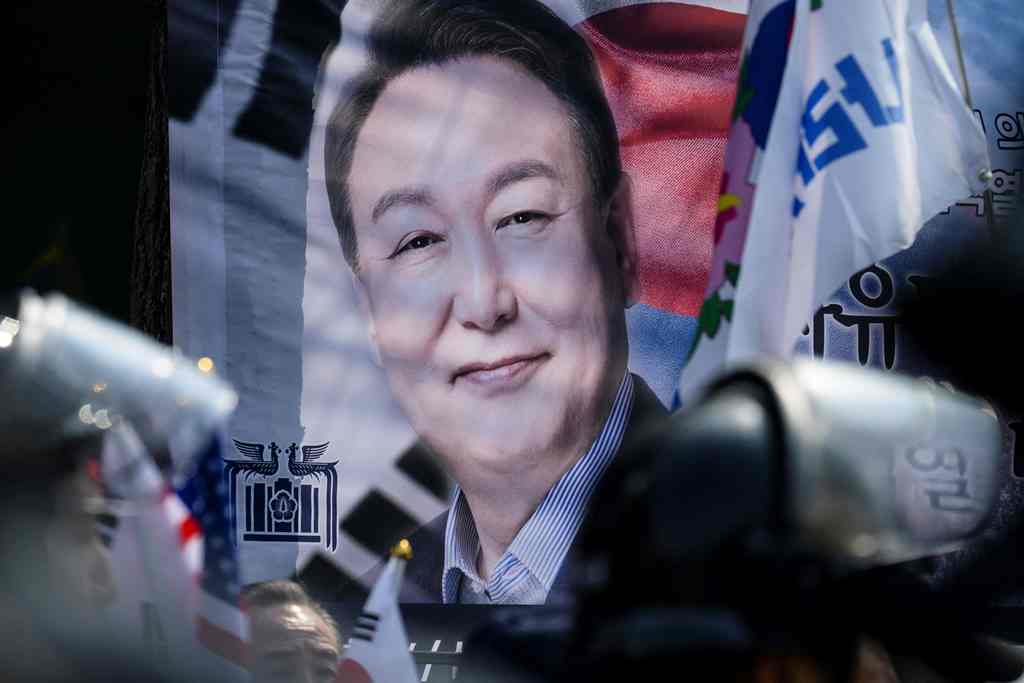
Yoon’s “dismissal reaffirms South Korea’s resilience as a democracy powered by the citizens, but also serves as a sobering reminder of the fragility of democracy,” Minseon Ku, a postdoctoral fellow at the Global Research Institute William and Mary, told AFP.
The country’s democracy “faces constant threats from multiple processes, including misinformation, despite the institutional checks and balances on power,” she added.
Born in Seoul in 1960, months before a military coup, Yoon studied law and went on to become a public prosecutor and anti-corruption crusader.
He played an instrumental role in Park Geun-hye, South Korea’s first female president, being impeached in 2016 and later convicted for abuse of power and imprisoned.
As the country’s top prosecutor in 2019, he also indicted a senior aide of Park’s successor, Moon Jae-in, in a fraud and bribery case.
The conservative People Power Party (PPP), in opposition at the time, liked what they saw and convinced Yoon to become their presidential candidate.
He won in March 2022, beating Lee Jae-myung of the Democratic Party, but by the narrowest margin in South Korean history.
Yoon was never much loved by the public, especially by women — he vowed on the campaign trail to abolish the ministry of gender equality — and scandals have come thick and fast.
They include his administration’s handling of a 2022 crowd crush during Halloween festivities that killed more than 150 people.
Voters have also blamed Yoon’s administration for inflation, a lagging economy, and increasing constraints on freedom of speech.
He was accused of abusing presidential vetoes, notably to strike down a bill paving the way for a special investigation into alleged stock manipulation by his wife, Kim Keon Hee.
Yoon’s reputation was further hit in 2023 when his wife was secretly filmed accepting a designer handbag worth USD2,000 as a gift. Yoon insisted it would have been rude to refuse.
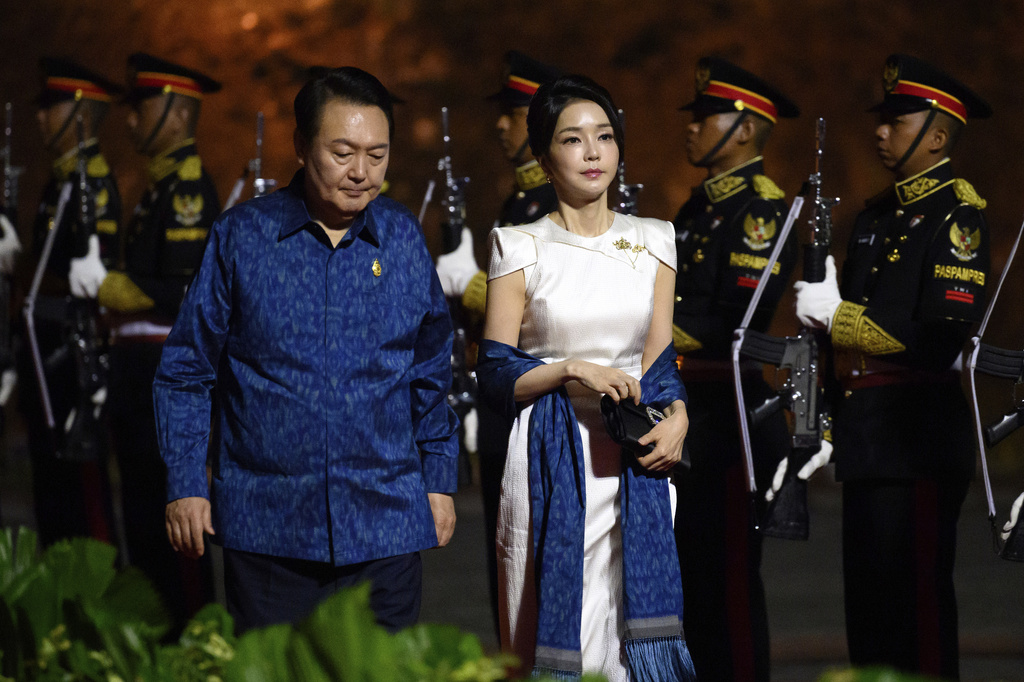
His mother-in-law, Choi Eun-soon, was sentenced to one year in prison for forging financial documents in a real estate deal. She was released in May 2024.
As president, Yoon maintained a tough stance against nuclear-armed North Korea and bolstered ties with Seoul’s traditional ally, the United States.
In 2023, he sang Don McLean’s “American Pie” at the White House, prompting US President Joe Biden to respond: “I had no damn idea you could sing.”
But his efforts to restore ties with South Korea’s former colonial ruler, Japan, did not sit well with many at home.
Yoon had been a lame duck president since the opposition Democratic Party won a majority in parliamentary elections in April last year.
In his televised address declaring martial law, Yoon railed against “anti-state elements plundering people’s freedom and happiness”, and his office subsequently cast the move as a bid to break legislative gridlock.
Since then, he had garnered support from extreme relgious figures and right-wing YouTubers.
Pro-Yoon rallies turned violent in January when extremist supporters, angered by the court’s approval of Yoon’s formal arrest warrant, stormed a Seoul courthouse — injuring at least 50 police officers and vandalising the building by smashing windows and doors.
Yoon’s extreme political base “was not built around personal loyalty to Yoon — it is more structural and ideological. That is very concerning,” Ji Yeon Hong, a political science professor at University of Michigan, told AFP.
“As we’ve seen in other democracies, such groups often outlast the leaders who brought them together.
“In that sense, Yoon’s legacy may endure not through his achievements, but through the political forces he helped awaken — forces that could continue to shape, and challenge, Korean democracy in the years to come,” she added.

